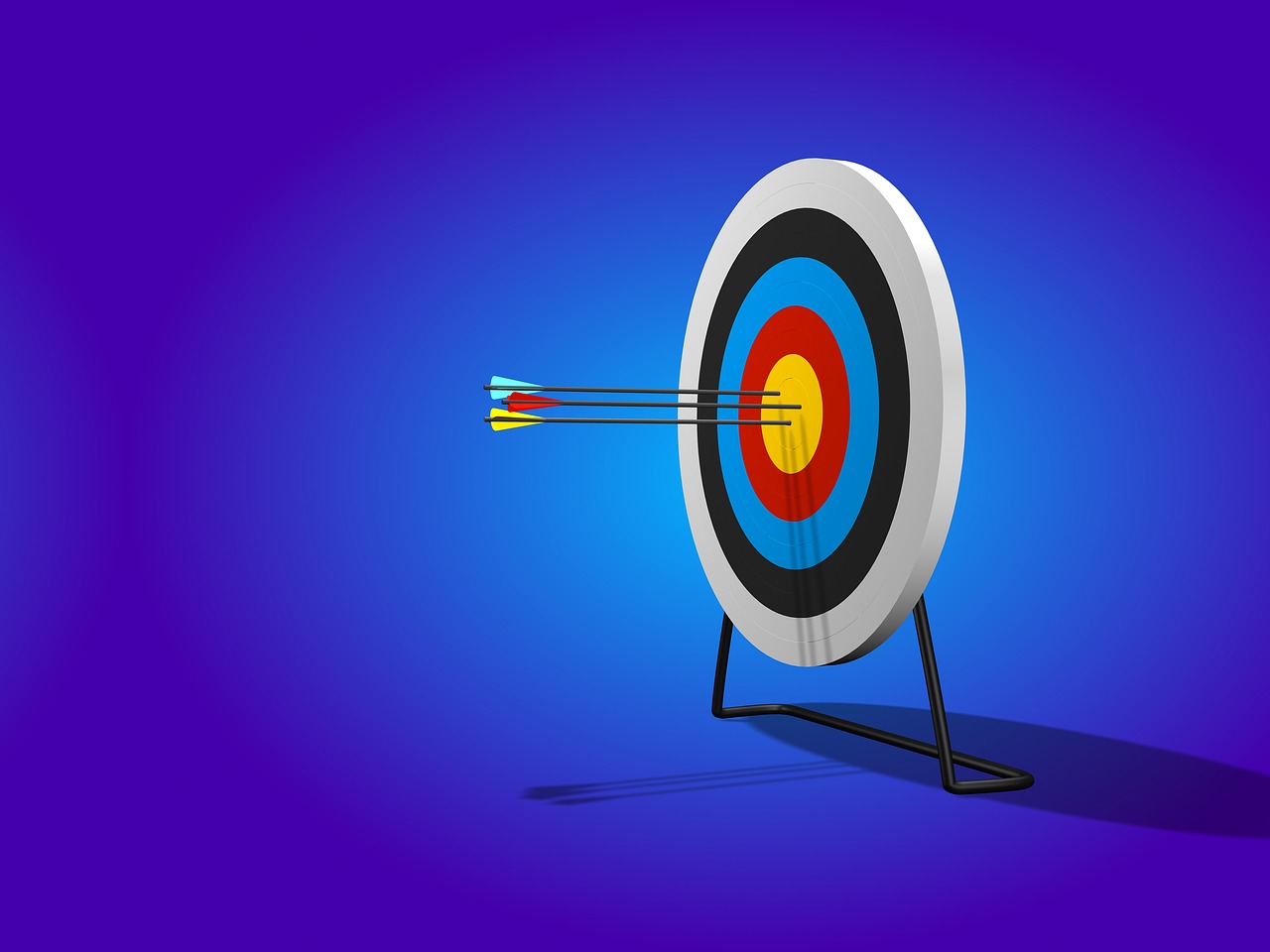
3D illustration by Quince Media
By undertaking a successful blueprint for achieving your goals, you’ve taken the first step to turning the invisible to the visible. Goals give us as an opportunity to improve ourselves. According to a Harvard study, 83% of the US population don’t have any goals defined. A shocking statistic considering how incredibly transformative goals can be. Another study (seen in Handbook for Sport Psychology) proved that setting a goal resulted in enhanced performance in 78% of sport and exercise studies.
Step 1: Set a Challenging Goal
Start by having a clear definition of the goal you would like to to achieve. Do you want to earn a supportive income from your music? Do you want to release an album with your own original music? Do you want to expand your musical boundaries by learning to read music or simply improve your playing? Your specific goal should be challenging as it will be the standard to which you will measure your performance.
Step 2: Visualize
According to Dr. Maxwell Maltz, the human brain is a goal striving organism. With a clear target in mind, there is a success mechanism which is activated in our brains. When this mechanism is fully engaged, we feel better about ourselves. When the mechanism is deactivated, it goes after goals which we haven’t defined consciously.
In order to keep the success mechanism fully engaged, it’s important to constantly visualize the outcome of your specific goals. Maxwell states that you cannot think positively with negative thoughts, and you cannot think negatively with positive thoughts.
Step 3: Take Action
Now that you have defined your goal, you will need to define what type of action you need to take in order to achieve it. This is the great power of setting goals, as they are able to dictate where your priorities should be as well as provide a roadmap for success.
Because we have set a challenging goal for ourselves, it will be necessary to break it up into smaller goals. This will allow you to assign your time and effort appropriately in order to meet your day-to-day goals. Even if you spend a small amount of time each day working towards your end goal, it is concentrated effort that would otherwise not be spent.
Step 4: Persist
In an interview with Dr. Maxwell Maltz, he states the following:
You can program success like a computer is programmed. You do that by forgetting your past failures and refusing to permit negative feelings of yesterday to dominate your chances for success today. Instead, you concentrate on your successes and the confidence of past successes, that you use in the present. You improve your self image when you learn the important aspect of relaxation. You see yourself at your best.
